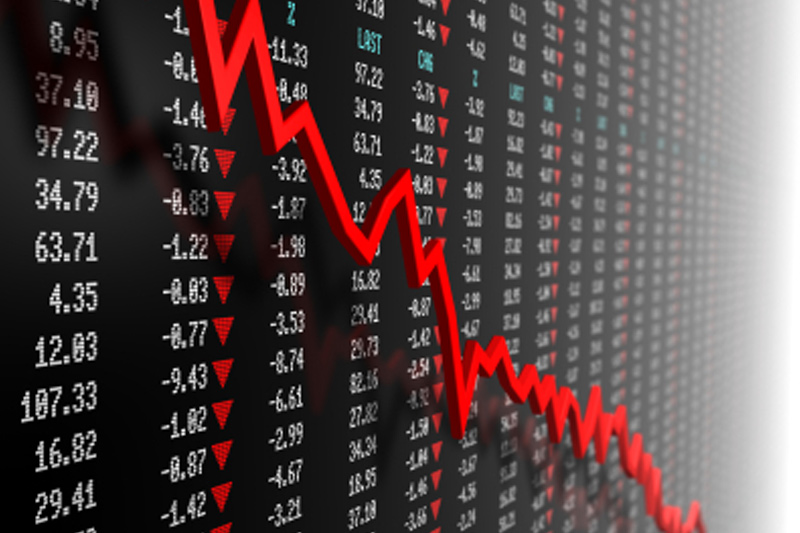Investing.com - The euro extended losses against the U.S. dollar on Thursday, falling to a fresh 22-month low after data showed that manufacturing activity in Germany slowed to the lowest level in almost three years in May.
EUR/USD hit 1.2534 during early European trade, the pair’s lowest since July 13, 2010; the pair subsequently consolidated at 1.2537, shedding 0.33%.
The pair was likely to find support at 1.2350 and resistance at 1.2598, the session high.
The preliminary German manufacturing purchasing managers’ index declined to a seasonally adjusted 45.0 in May from a final reading of 46.2 the previous month, as export orders fell sharply.
Analysts had expected the index to rise to 47.0 in May.
The data came after a report showing that French manufacturing activity contracted at the sharpest rate since April 2009 this month.
Investor sentiment also remained under pressure after Wednesday’s summit of European Union leaders made little signs of progress in tackling the debt crisis in the region.
EU leaders discussed measures to bolster growth in the region and the proposed joint issuing of euro bonds but some members, including Germany, remained opposed, arguing that it would lessen pressure for heavily indebted countries to get their finances in order.
Leaders reiterated that they want Greece to remain in the euro area, but urged the country to honor its commitments to austerity measures and the reforms demanded under its bailout program.
The euro was trading close to a four-month low against the yen, with EUR/JPY shedding 0.34% to hit 99.67 and was also lower against the pound, with EUR/GBP slipping 0.11% to hit 0.8008.
Later Thursday, the euro zone was to produce preliminary data on manufacturing and service sector growth, while European Central Bank President Mario Draghi was to speak.
In addition, the U.S. was to release official data on core durable goods orders and initial jobless claims.
EUR/USD hit 1.2534 during early European trade, the pair’s lowest since July 13, 2010; the pair subsequently consolidated at 1.2537, shedding 0.33%.
The pair was likely to find support at 1.2350 and resistance at 1.2598, the session high.
The preliminary German manufacturing purchasing managers’ index declined to a seasonally adjusted 45.0 in May from a final reading of 46.2 the previous month, as export orders fell sharply.
Analysts had expected the index to rise to 47.0 in May.
The data came after a report showing that French manufacturing activity contracted at the sharpest rate since April 2009 this month.
Investor sentiment also remained under pressure after Wednesday’s summit of European Union leaders made little signs of progress in tackling the debt crisis in the region.
EU leaders discussed measures to bolster growth in the region and the proposed joint issuing of euro bonds but some members, including Germany, remained opposed, arguing that it would lessen pressure for heavily indebted countries to get their finances in order.
Leaders reiterated that they want Greece to remain in the euro area, but urged the country to honor its commitments to austerity measures and the reforms demanded under its bailout program.
The euro was trading close to a four-month low against the yen, with EUR/JPY shedding 0.34% to hit 99.67 and was also lower against the pound, with EUR/GBP slipping 0.11% to hit 0.8008.
Later Thursday, the euro zone was to produce preliminary data on manufacturing and service sector growth, while European Central Bank President Mario Draghi was to speak.
In addition, the U.S. was to release official data on core durable goods orders and initial jobless claims.
